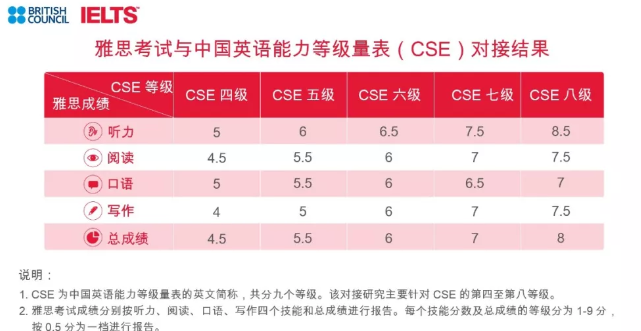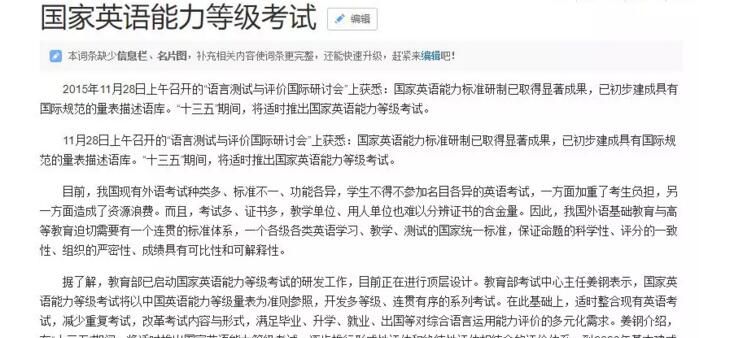法学院入学考试模拟试题测试(下)b
|
10. There are rumors that the Premier will reshuffle the cabinet this week. However, every previous reshuffle that the Premier has made was preceded by meetings between the Premier and senior cabinet members. No such meetings have occurred or are planned. Therefore the rumors are most likely false. Which one of the following most accurately expresses a principle of reasoning employed by the argument? (B) A hypothesis is undermined when a state of affairs does not obtain that would be expected to obtain if the hypothesis were true. (C) It is possible for a hypothesis to be false even though it is supported by all the available data. (D) Even if in the past a phenomenon was caused by particular circumstances, it is erroneous to assume that the phenomenon will recur only under the circumstances in which it previously occured. (E) If two statements are known to be inconsistent with each other and if one of the statements is known to be false, it cannot be deduced from these known facts that the other statement is true. Questions 11-12 Carl: Researchers who perform operations on animals for experimental purposes are legally required to complete detailed pain protocols indicating whether the animals will be at risk of pain and, if so, what steps will be taken to minimize or alleviate it. Yet when human beings undergo operations, such protocols are never required. If lawmakers were as concerned about human beings as they seem to be about animals, there would be pain protocols for human beings too. Debbie: But consider this: a person for whom a doctor wants to schedule surgery can simply be told what pain to expect and can then decide whether or not to undergo the operation. So you see, pain protocols are unnecessary for human beings. 11. Debbie attempts to counter Carl’s argument by. (A) showing that one of the claims on which Carl bases his conclusion is inaccurate (B) pointing out a relevant difference to undermine an analogy on which Carl bases his conclusion (C) claiming that Carl’s argument should be rejected because it is based on an appeal to sentimentality rather than on reasoned principles (D) drawing an analogy that illustrates a major flaw in Car’s argument (E) offering a specific example to demonstrate that Carl’s argument is based on a claim that can be neither confirmed nor disproved. 12. Which one of the following, if true, most seriously weakens the argument made by Debbie in response to Car’s argument? (A) Not all operations that are performed on human beings are painful. (B) Some experimentation that is now done on animals need not be done at all. (C) Preparing pain protocols is not a time-consuming or costly procedure. (D) Some surgical operations performed on infants are painful. (E) Unalleviated pain after an operation tends to delay the healing process. 13. A company with long-outstanding bills owed by its customers can assign those bills to collection agency that pays the company a fraction of their amount and then tries to collect payment from the customers. Since these agencies pay companies only 15 percent of the total amount of the outstanding bills, a company interested in reducing losses from long-outstanding bills would be well advised to pursue its debtors on its own. The argument depends on the assumption that (A) a company that prusues its debtors on its own typically coliects more than 15 percent of the total amount of the long-outstanding bills that it is owed (E) unless most of the customers of a company pay their bills, that company in the long run will not be profitable. 14. Herbalist: Many of my customers find that their physical coordination improves after drinking juice containing certain herbs. A few doctors assert that the herbs are potentially harmful, but doctors are always trying to maintain a monopoly over medical therapies. So there is no reason not to try my herb juice. The reasoning in the herbalist’s argument is flawed because the argument (A) attempts to force acceptance of a claim by inducing fear of the consequences of rejecting that claim (B) bases a conclusion on claims that are inconsistent with each other (C) rejects a claim by attacking the proponents of the claim rather than addressing the claim itself (D) relies on evidence presented in terms that presuppose the truth of the claim for which the evidence is offered. (E) mistakes the observation that one thing happens after another for proof that the second thing is the result of the first Which one of the following is an assumption required by the argument? (A) Most poachers who are discouraged from hunting rhinoceroses are not likely to hunt other animals for their horns. (B) At least some rhinoceroses whose horns are periodically trimmed off will be able to attract mates. (C) Poachers hunt at least some immature rhinoceroses whose horns have not yet started to develop. (D) The demand for rhinoceros horns will remain constant even if the supply decreases after the periodic trimming-off of the rhinoceros horns has begun. (E) Rhinoceroses whose horns have been trimmed off are unable to defend themselves against predators. 16. Motorcoach driver: Professional drivers spend much more time driving. on average, than do other people and hence are more competent drivers than are other, less experienced drivers. Therefore, the speed limit on major highways should not be reduced, because that action would have the undesirable effect of forcing some people who are now both law-abiding and competent drivers to break the law. The point at issue between the motorcoach driver and the police officer is whether. (A) it would be desirable to reduce the speed limit on major highways (B) professional drivers will drive within the legal speed limit if that limit is reduced (C) reducing the speed limit on major highways would cause some professional drivers to break the law. (D) professional drivers are more competent drivers than are other, less experienced drivers. (E) all drivers wish to drive within the speed limit 17. People cannot devote themselves to the study of natural processes unless they have leisure, and people have leisure when resources are plentiful, not when resources are scarce. Although some anthropologists claim that agriculture, the cultivation of crops, actually began under conditions of drought and hunger, the early societies that domesticated plants must first have discovered how the plants they cultivated reproduced themselves and grew to maturity. These complex discoveries were the result of the active study of natural processes. The argument is structured to lead to the conclusion that (A) whenever a society has plentiful resources, some members of that society devote themselves to the study of natural processes. (B) plants cannot be cultivated by someone lacking theoretical knowledge of the principles of plant generation and growth (C) agriculture first began in societies that at some time in their history had plentiful resources (D) early agricultural societies knew more about the natural sciences than did early nonagriculatural societies (E) early societies could have discovered by accident how the plants they cultivated reproduced and grew |








